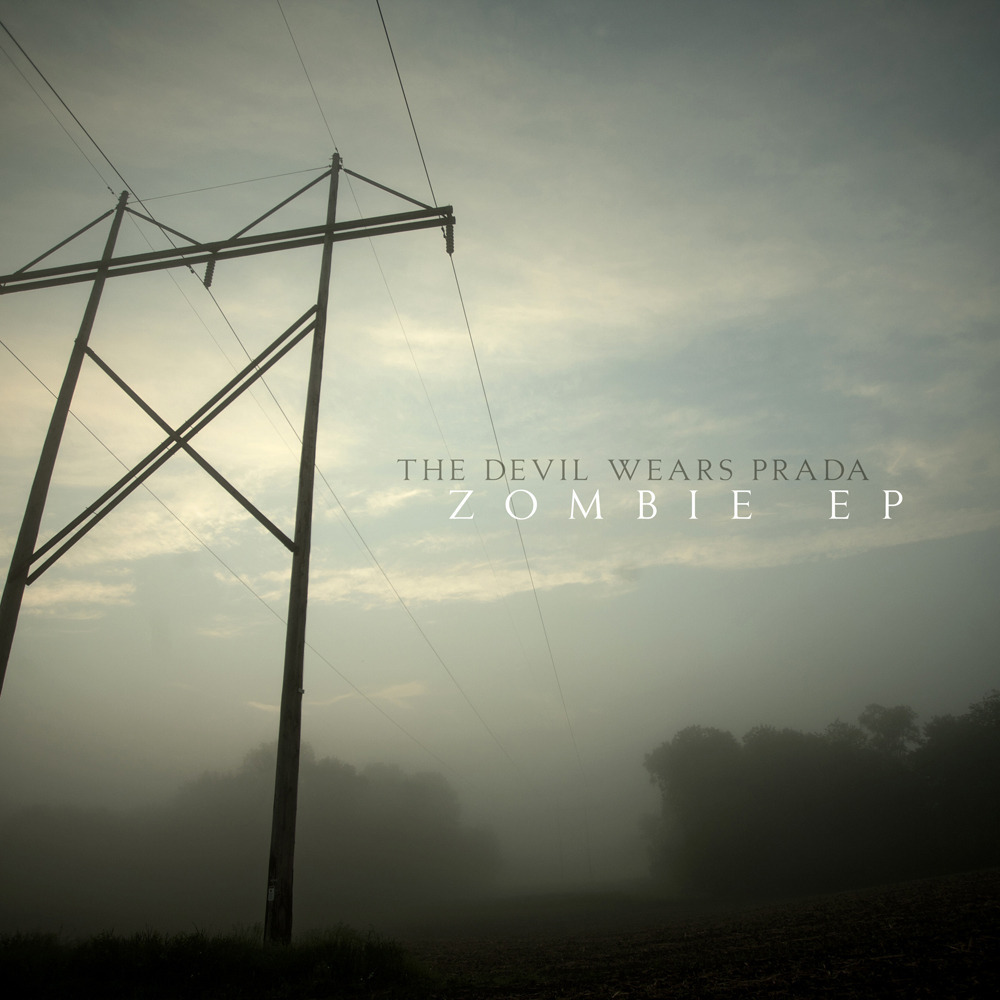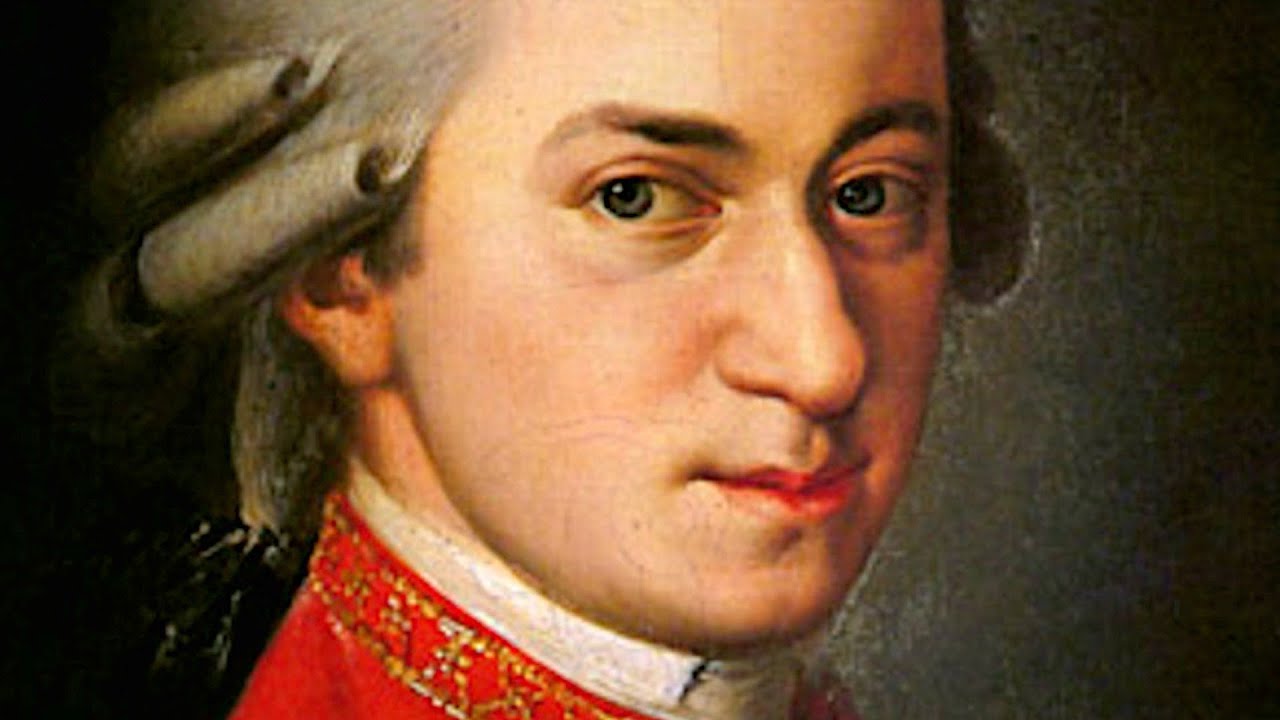Permanently Deleted
I'm in the middle of watching this and I think there's an argument for what he's saying but now I'm afraid every idiot who doesn't know anything at all about music suddenly will have all this clueless and unearned stored "knowledge" against studying Music Theory.
Studying Bach or understanding basic shit like what a I-V is in fact useful. You can't come to the realization of the Lydian Chromatic Concept without understanding I-V. And there are already textbooks that are comprehensive to harmony from 14th-21st century. And obviously Music Theory as it is taught is outdated and racist.
But the bigger argument no one wants to make is that music is heavily classist. If you don't belong to a community/culture where the music already exists, you're fucked... unless you have the money to import that culture. That's why Jazz is FILLED with upper middle class/rich white kids. That's why entire symphonic orchestra's are made up of children of rich asians and whites.
Like, imagine this situation, you're American and you listen to mostly Rock and Hip-Hop like a majority of Americans. Maybe some other stuff but you're studying theory because you're interested in music and want to develop your skills in the craft. But instead of teaching you anything functional, they start teaching you Indian ragas? It's bougie liberal-minded bullshit.
My argument isn't "Don't teach other cultures" it's " Fix communities so Indian Ragas are accessible to learn." Like if Figured Bass is useless, so is Indian Raga beyond sating a curiosity, they're both functionally useless to people who grew up listening to and wanting to emulate rock and hip-hop music.
Indian approach to rhythm is the future imo, you accomplish way more with stuff like"tiki" takita" "takadimi" than ONE AND TWO AND. "One and two and" is so stuck in last few centuries that to be good at rhythm you end up having to unlearn it lol
i disagree on some points but just came back from a run and need to get ready for work so i cant slapfight with you on some minor bs.
Basically ppl who go to college often dont know your point is true or how to utilize communities and those tools properly bcos US education is trash and our communities are extremely atomized
I mean, aside from church music, most classical music is also folk music with some nerd writings and a wanky veneer to appease the aristos that was later reified by Mahler and Wagner. Most composers learned from hearing other composers, and from occasional slices of sheet music that wandered around. Most music was local.
It's not like Vincenzo Galilei was developing formal tonality from studying the church, he was using local lute tunes. This whole art music gig is a farce.
As a hobbyist musician, I am strongly in favor of just dumping all of current music theory and starting from scratch. There has to be a better way.
Solfege should be the first thing to go. Also forcing students to learn whatever the fuck this is but not teach them that basically everyone after the year 1800 constantly broke the rules because you don't have to follow strict part writing that only exists to keep the music as pure and Bach-like as possible
The piano roll is a much better intuitive composition tool, but trash for reading music.
But at the same time for many styles if music you can get by without the staff. I play jazz and cannot read sheet music to save my life
Also knowing note names and the number of sharps and flats in a key is overhyped. I get by with the Roman numeral system just fine
Yeah, I wouldn't want to have to sightsing off a piano roll.
Interestingly, I find the roman numerals incomprehensible, but sharps and flats and intervals and scale notations come easily.
That's funny :)
Roman numeral system is so natural for me, that with most pop, jazz, or rock songs, In my head as i'm listening i can go "that's the V, that's vi, that's I" etc. etc.
Did you take music classes? maybe that's why you're more acquainted with the sharps/flats etc.
No, I just have a voice that suits classical solo-work, and picked up chord structures from singing endless interval exercises, so I just naturally think of chords as intervals stacked on top of one another.
I am super crap at Solfege, can't really do it in real time, at least with the rapid florid shit I usually sing. I just pick a reference note and the tonic and hope for the best. Works out ok for everything that isn't too dissonant
Even Bach didn't keep the music Bach-like. Lotta parallel octaves in his work (and of course he never expected people to be stupid enough to use pure equal temprement.)
In fact I'd say the mid romantics pumped up this whole formal system that never really existed outside of scholarly speculation and basic guidelines to students (and possibly in the mind of hardline Gallant composers like Gluck or Gretry.)
There’s a little discussion about this in microtonal communities.
It's not just music, it's literally everything. Cuisines, namings of so-called "continents", art, literature, science, etc.
https://hexbear.net/post/19561Sorry for tooting own horn
All modern western "-ologys" came about within the last 400 years as a result of wealth subsidizing intellectual pursuits in europe. First the wealth was from the Black Death, then from the Americas and then from coal.
As such, literally every study of everything ever is polluted to the brim with eurocope because they've shoehorned it in. Europe isn't a continent, modern medicine isn't "western medicine" and also homeopathy is traditional western medicine, the Aryans were brown, whites aren't Caucasian, Americans aren't Indian, "Yersinia pestis" should be called "Shibasa buboe", etc etc, too many to list.
I'm just making that comment in the context of "Music theory is racist", yes it is but only because everything is racist, because it's all funded by a singular group of people that lucked out with having the American continents located virtually next door.
As someone who knows fuck all about music this is a really interesting video.
yeah I didn't expect I'd watch it all the way through but it's so engaging, hearing the north indian music was really so "ear"-opening to me
Same. The racism at the end from the North Texas music professor was jaw dropping. Also quoting wikipedia in a paper attacking another academic is just chef kiss
Bach Gang
you can't expect much, but people in the comments really don't be watching the videos they're commenting on
I am not a fan of rap, and I used to totally throw it aside as "not music." I'm still not a fan of rap, but over the past while I've begun to respect it as a much more intricate and skillful genre that what appears on the surface. This video definitely contributed to my knowledge of what I now consider one of the greatest genres of music, even though I am not a fan
This is a comment from the 12 tone channel Adam suggested. That is the most unexpected comments I've ever encountered on youtube. Bravo, sir.
Carl Orff, composer of Carmina Burana and one of the founders of early/childhood music education, was also a Nazi
Why do we need a multicultural background for music theory instead of an acultural one? Is it because we can't actually describe music purely mathematically, and need the cultural link to describe what sounds "good"?
Music Theory and the White Racial Frame the dope professor's paper.




